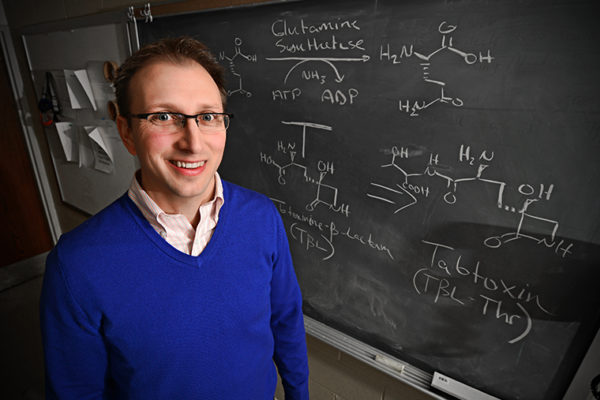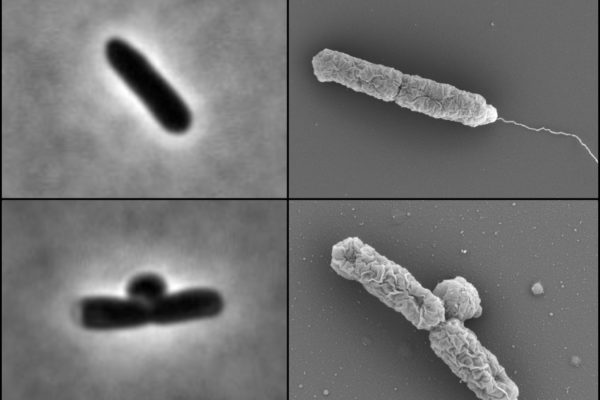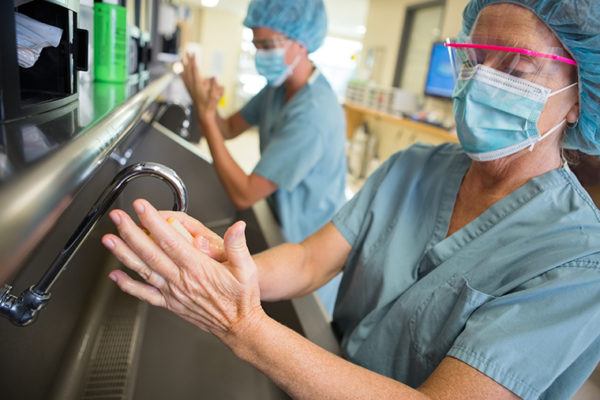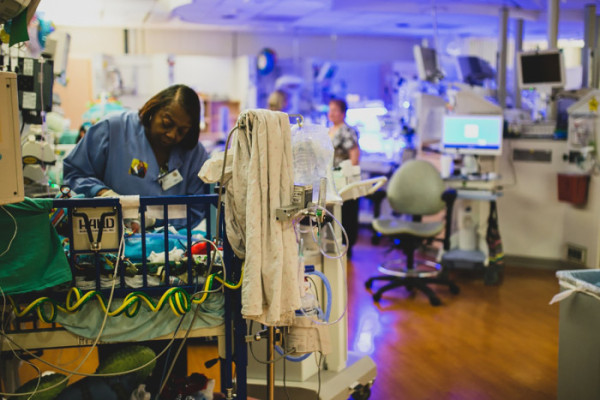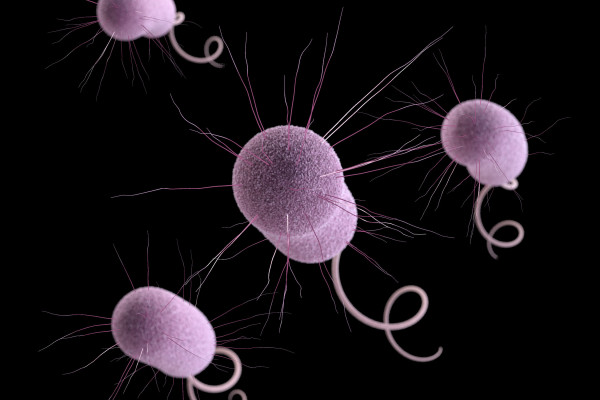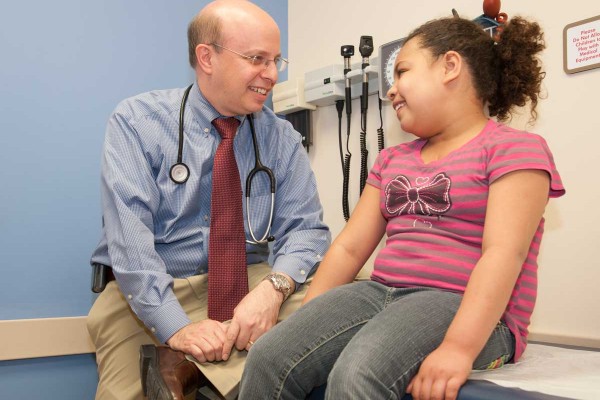Zhang wins $2 million NIH grant to study metabolite heterogeneity in bacteria
Fuzhong Zhang, an expert in synthetic biology at the McKelvey School of Engineering, is investigating how genetically identical cells manage to act so differently. The answer may have implications for antibiotic persistence.
Chemist Wencewicz receives teacher-scholar award
Tim Wencewicz, assistant professor of chemistry in Arts & Sciences, has been recognized with a 2019 Camille Dreyfus Teacher-Scholar Award. He will use the funding for his research to help develop new antibiotics, to combat antibiotic resistance and to improve the university’s organic chemistry curriculum.
Specialist enzymes make E. coli antibiotic resistant at low pH
New research from Arts & Sciences suggests that many “redundant” enzymes are actually specialists that ensure maximal growth across different environments. They also seem to increase resistance to antibiotics in conditions like those in the GI tract or urinary tract — raising concerns that current antibiotic susceptibility tests are inadequate.
New strategy may curtail spread of antibiotic resistance
In studying a bacterium that causes disease in hospitalized people, researchers at the School of Medicine have figured out a key step in the transmission of antibiotic resistance from one bacterium to another. Their insight suggests a new strategy for stopping the spread of antibiotic resistance.
Bacteria in a changing environment
Petra Levin, professor of biology in Arts & Sciences, was recently awarded a $2 million grant to identify and characterize the molecular circuits that coordinate or limit the growth and reproduction of bacteria.
Wencewicz wins Sloan fellowship
The Alfred P. Sloan Foundation announced Feb. 15 that Timothy A. Wencewicz, assistant professor of chemistry in Arts & Sciences at Washington University in St. Louis, has been awarded a 2018 Sloan Research Fellowship. He is among 126 outstanding U.S. and Canadian researchers selected as fellowship recipients this year.
Studying hot spots of antibiotic resistance
Antibiotic-resistant bacteria most often are associated with hospitals and other health-care settings, but a new study from the School of Medicine indicates that chicken coops and sewage treatment plants also are hot spots of antibiotic resistance.
Preemies’ gut bacteria reveal vast scope of antibiotic resistance
A new Washington University School of Medicine study reveals extensive antibiotic resistance in the gut bacteria of premature infants. The researchers say these findings support the push to minimize routine use of antibiotics in these patients.
Seventy generations of bacteria
As scientists look for replacements for our dwindling stock of antibiotics, the evolution of resistance is never far from their minds. Washington University in St. Louis biologist R. Fredrik Inglis explored the ability of bacteria to become resistant to a toxin called a bacteriocin by growing them for many generations in the presence of the toxin.
For kids prone to wheezing with respiratory infections, early antibiotics help
In children whose colds tend to progress and lead to severe wheezing and difficulty breathing — such that they are given oral corticosteroids as rescue therapy — researchers have shown that giving a common antibiotic at the first sign of symptoms can reduce the risk of the episode developing into a severe lower respiratory tract illness.
View More Stories

